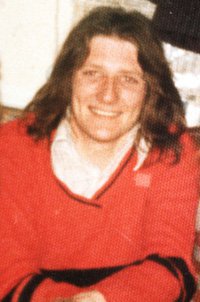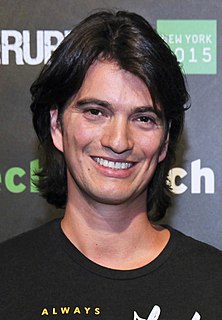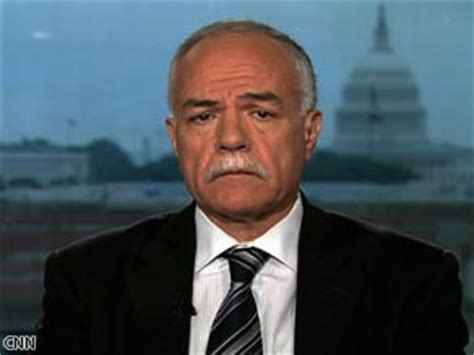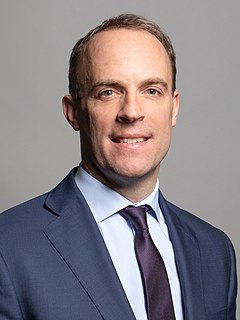A Quote by Maajid Nawaz
My arrest in Egypt happened in 2002, and I was convicted to five years as a political prisoner.
Related Quotes
I take it that's where you met Todd.' 'Yep. Almost five years ago. Can you believe it?' 'Five years! You and Todd should be the poster couple for the 'Love Waits' campaign.' Christy laughed. 'It didn't seem that long. A lot has happened during those five years. But I do agree that true love is worth the wait. I'd wait another five years for Todd if I had to. He's the only man for me. Ever.
What has happened to protesters in the past was that, basically, the government in 2012 put an end to a series of mass protests by changing laws, by making it possible to arrest anybody for protests, and by making basically a show of imprisoning not just protest leaders, and not specifically protest leaders, but activists, rank-and-file protest participants. That gets across the idea that anybody who joins a protest without being an organizer, without being a visible leader, risks arrest, and not risks just arrest, but years in a Russian jail.
The good thing about Egypt is, between the two World Wars, Egypt was - had a liberal society. It has a political life. It has parties. It was not - it was dysfunctional in many ways, but it was not a very repressive regime. Egypt, at one time, was the bellwether of the Arab world, was the trendsetter, created great culture, movies, cinema, you name it.
For example, if you are a blogger who wrote something about a local official and you're going to prison for that, you're a political prisoner. If you're a businessman who has refused to cede his business to the local official and you're going to prison for that, you're not a political prisoner. In that second category there are hundreds of thousands of people in Russia.
In our country, [habeas corpus ] means that if you've been sentenced and convicted in a state court, either to death or to some other kind of sentence, you have the right to petition a federal court to review what happened to you. And until [Bill] Clinton, you had three, four, five, even more years I collect records of people who have been on death row for eight, 10, 12, 14 years - this is before Clinton - who finally got a decent lawyer, usually a pro bono lawyer, and an investigator, and were able to find out - they - they're but approved that they're - that they were innocent.
You too must be of good hope as regards death, gentlemen of the jury, and keep this one truth in mind, that a good man cannot be harmed either in life or in death, and that his affairs are not neglected by the gods. What has happened to me now has not happened of itself, but it is clear to me that it was better for me to die now and to escape from trouble. That is why my divine sign did not oppose me at any point. So I am certainly not angry with those who convicted me, or with my accusers. Of course that was not their purpose when they accused and convicted me, but they thought they were hurting me, and for this they deserve blame.




































